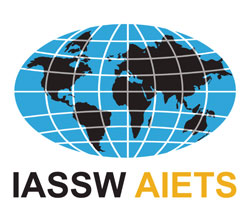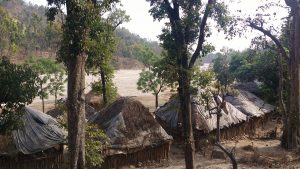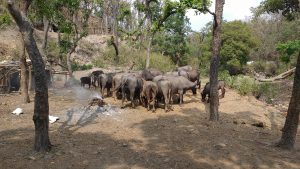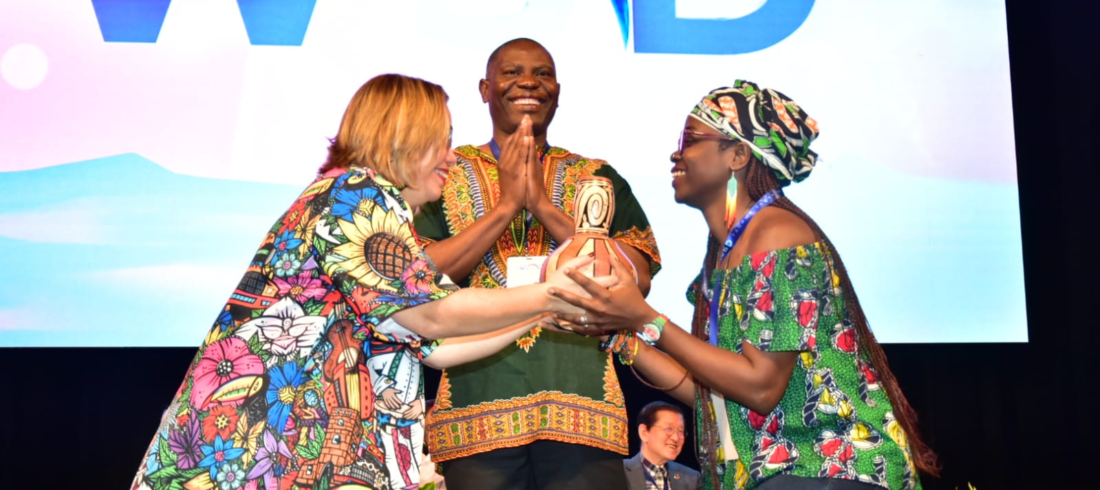COVID-19: Impact among the Forest Dwelling (sedentary and pastoral) Communities
Prashant Anand, Email: anandprashant@gmail.com,
Samanta Foundation Practitioner, Website: www.samanta.org.in
A young Van Gujjar man tests COVID positive so his family including his 6 month daughter, wife and family were quarantined. Vineeta ( fictitious name) a mother to 3 children from the Taungya community, aged 28 died due to a lack of community awareness about menstrual issues and lack of health services. She indicates the inadequacy of health provisions prior to COVID-19.
As COVID-19 pandemic reached the forest dwelling pastoralist and nomadic communities there has been an immediate response from the administration. The lockdown protocols have stipulated a set of uniform practices for citizen habitations across urban, rural and forest settings. The current COVID-19 scenario amplifies the challenges of missing institutional support, lack of health infrastructures, insufficient awareness of the pandemic, low levels of literacy.
COVID-19 highlighted pre-existing inequalities in the affordability, accessibility of health provisions, e.g., the lack of menstrual products which caused women to die. Under the current circumstances death numbers will rise because COVID-19 has severely disrupted the limited community responses towards health concerns.
Those of us working at the Samanta Foundation have begun to build community awareness and resistance to Covid-19 in the following ways:
Actions March – April 2020
- Awareness sessions with community women and children around the impact on health of the current pandemic.
- Sharing posters and videos on necessary sanitation and hygiene measures.
- Consistent communication by engaging youth and women in shattering fake messages.
- Effective dissemination of government relief.
- Developing a Community Risk Reduction and Response Plan.
Outcomes March – April 2020
- Self reporting by the community after tracing the travel histories of community members.
- Obtaining rations and support as per government mandated announcements.
- Following guidelines on awareness about sanitation and hygiene.
- Engaging and supporting young people and children in learning at home.
Next Steps
The COVID positive cases in the community are zero now and people are back from quarantine centers. Timely self reporting has led to better outcomes. The constant discussions with women groups has made them act. The women from the community have come forward to discuss and participate towards local solutions regarding women’s health. We are now focusing on medium and long term challenges in the COVID-19 scenario. These include :
- Provision of health resources for the community.
- The issue of restrictions on travelling to practice pastoralism.
- Arranging for fodder because falling natural fodder levels during the summer months burden forest dwellers.
- Unreliable access and availability of water for animals is another challenge requiring a community response.
A key focus for the Samanta Foundation is to develop young people and women as primary responders, acting as ASHA (community health activists) to raise awareness about COVID-19 and address issues of access to, availability and affordability of health services. This should overcome the challenges that Vineeta experienced and arrange provisions to lead to better health for the community.








